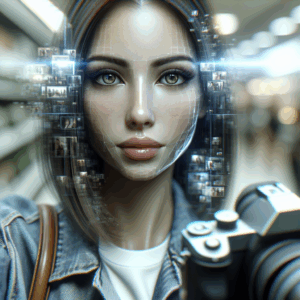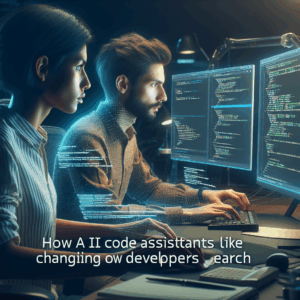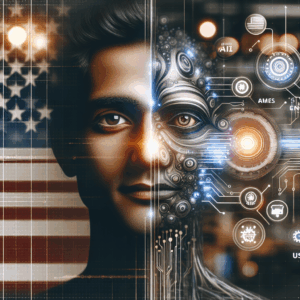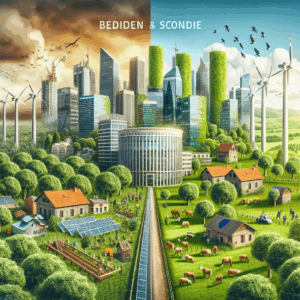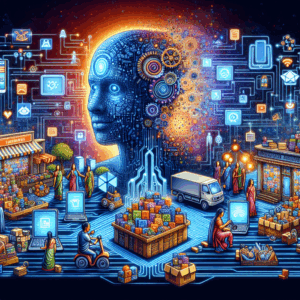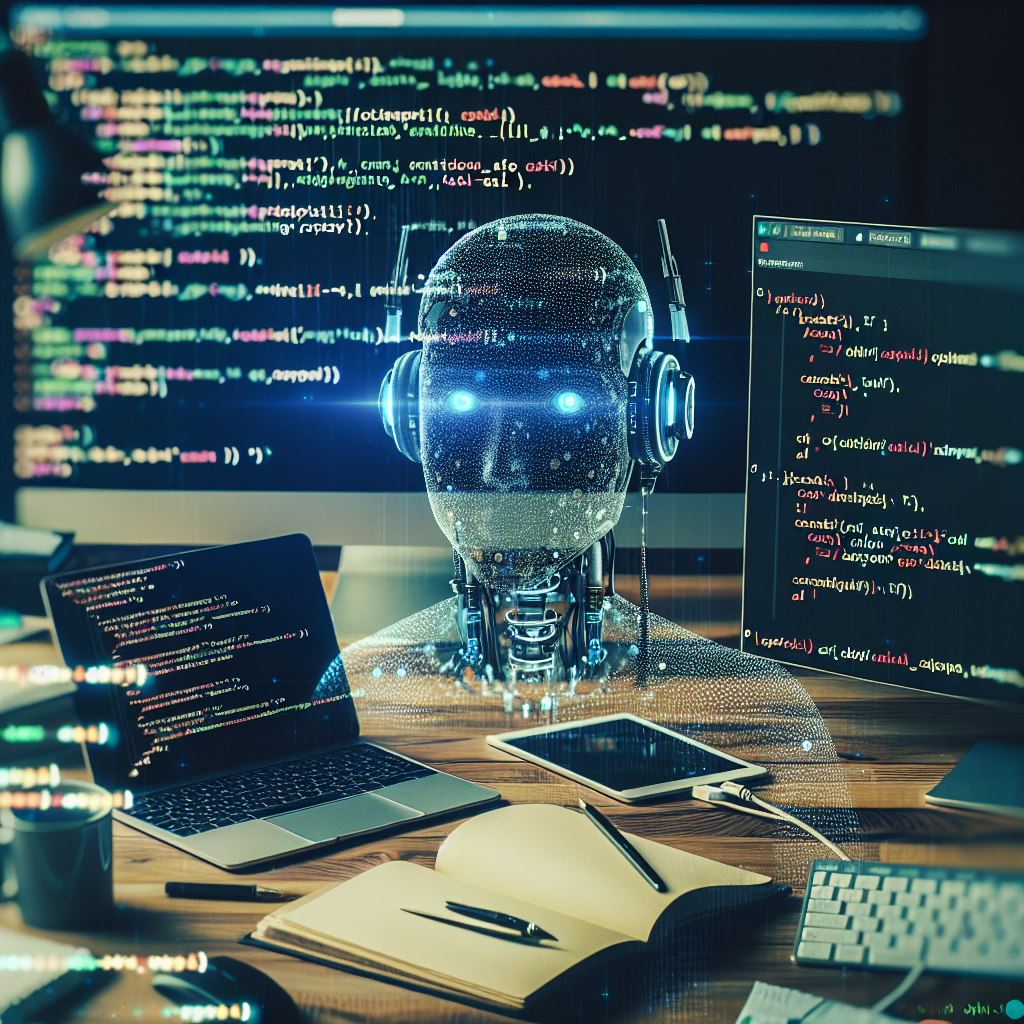
What if tomorrow’s software innovation depended less on wading through endless coding forums and more on intelligent suggestions generated in real time?
Meet Amit, a Bangalore-based backend developer, who remembers combing Stack Overflow for obscure bug fixes and syntax tweaks. Now, with the rise of AI code assistants like GitHub Copilot, Amit discovers that solutions appear instantly—no frantic copy-pasting or keyword guesswork required. This shift is more than just convenience; it’s fundamentally altering how programmers search, learn, and create code.
What’s happening?
AI-powered code assistants, led by tools such as GitHub Copilot, are rapidly integrating into developer workflows. These platforms use advanced machine learning to predict and suggest entire code snippets, bug fixes, and even complex algorithms as developers type. Rather than searching for answers, programmers find suggestions pop up directly within their IDEs (Integrated Development Environments). The reliance on traditional search engines for everyday coding tasks is measurably declining as AI assistants take center stage.
Why does it matter?
This evolution impacts both the efficiency and the learning curve for software engineers:
- Speed: Developers move from problem statement to code in seconds, reducing project timelines.
- Learning Dynamics: Beginners receive contextual suggestions, potentially bypassing foundational knowledge, but also accelerating onboarding.
- Search Habits: The days of endlessly tweaking search queries for the perfect Stack Overflow thread may be numbered.
- Privacy and Data: These assistants learn from vast public codebases, raising questions about intellectual property and original content use.
What’s next?
Expect ongoing policy debates about copyright as AI code assistants train on open source repositories. Tech giants are investing in increasingly sophisticated assistants, and developer communities are weighing benefits against risks like overreliance and diminished problem-solving skills. Upcoming international conferences will likely spotlight these tools’ ethical, practical, and legal impacts—setting the tone for standards and best practices in the future of programming.
Conclusion:
As AI code assistants like GitHub Copilot reshape programmer searches, coding is swiftly becoming less about traditional lookup and more about guided creation. Productivity soars, but the approach to learning and intellectual property is shifting. How do you feel about this shift in programming workflows? Drop a comment and join the conversation!

